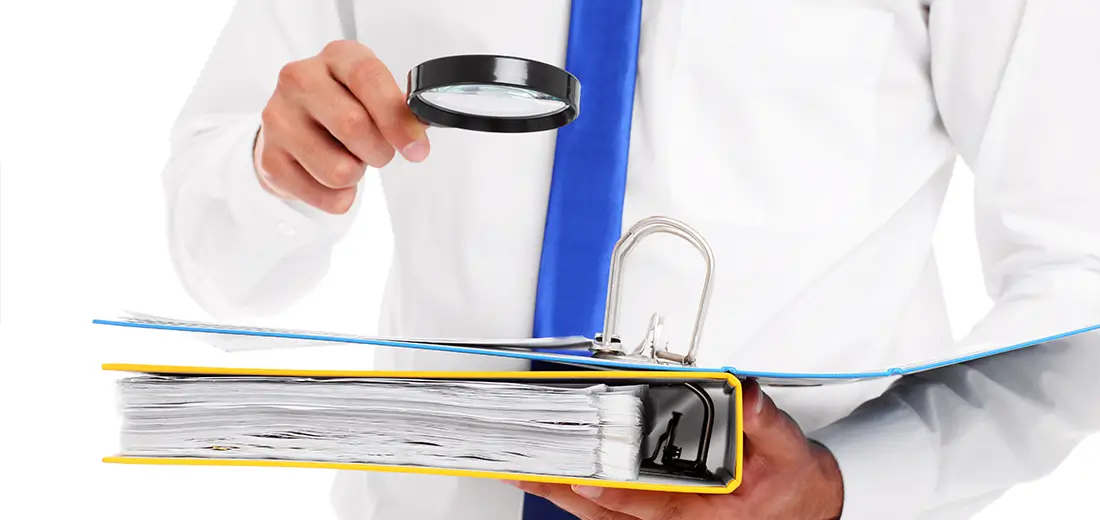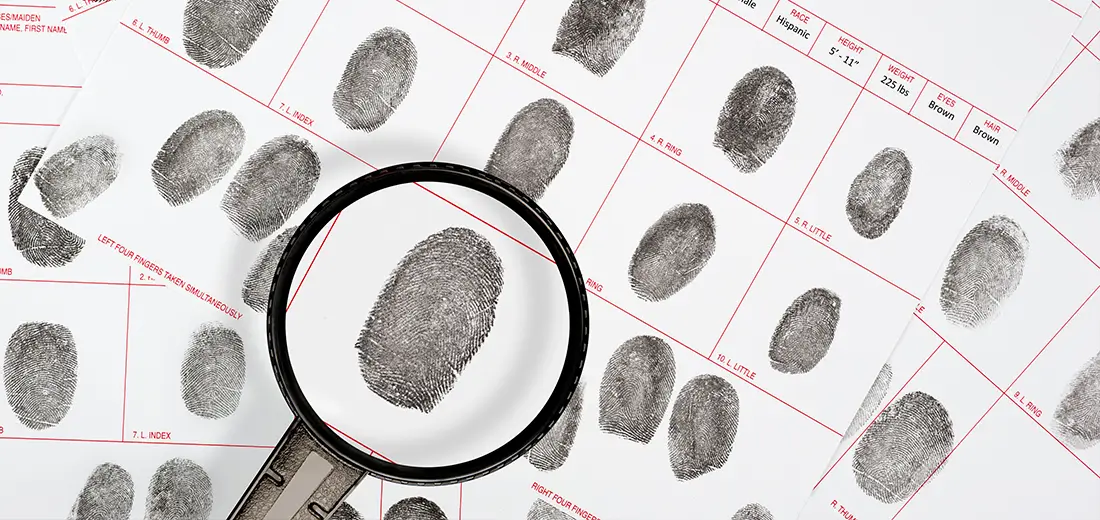
ATF Live Scan for Gun Shops & FFL Dealers: How to Get It Done Right in Florida
In the firearms industry, compliance is everything. If you’re operating a gun shop or are a Federal Firearms License (FFL) dealer, you’ve likely heard about the importance of fingerprinting for ATF background checks. But not all fingerprinting is created equal. To remain compliant and avoid delays, you need to understand the process of ATF Live Scan for FFL dealers in Florida. From legal mandates to step-by-step procedures, this guide covers everything you need to get your Live Scan fingerprinting done correctly and efficiently. What Is ATF Live Scan for FFL Dealers in Florida? ATF Live Scan is a digital fingerprinting method used to electronically capture and submit fingerprints to the Bureau of Alcohol, Tobacco, Firearms and Explosives (ATF). For gun shop owners and FFL dealers in Florida, this process is critical. Unlike traditional ink fingerprinting, Live Scan offers speed, accuracy, and real-time submission capabilities. The ATF Live Scan for FFL dealers in Florida ensures that individuals meet federal background check requirements before handling or selling firearms. This modern technology is not just about compliance; it’s about streamlining operations and maintaining your license without headaches. According to the ATF’s official guidance, electronic fingerprinting is preferred for faster processing. Therefore, using the ATF Live Scan for FFL dealers in Florida not only ensures compliance but also supports efficient application and renewal procedures. Why FFL Dealers Need ATF Live Scan in Florida FFL dealers are required by federal law to undergo thorough background checks, and fingerprinting is a crucial component. Florida law aligns closely with federal mandates, requiring all licensees and applicants to complete Live Scan fingerprinting. The ATF Live Scan for FFL dealers in Florida provides a fast and secure way to meet these requirements. It ensures that the fingerprints go directly to the ATF for background verification, which is especially important during the application or renewal process. Avoiding ATF Live Scan or using incorrect methods can lead to application delays or rejections, putting your entire business at risk. The Legal Framework for ATF Live Scan in Florida Understanding the legal requirements around ATF Live Scan for FFL dealers in Florida is essential. The ATF mandates fingerprint submissions for Form 7 (FFL Application) and Form 1 (Application to Make and Register a Firearm), among others. Florida’s Department of Law Enforcement (FDLE) works alongside the FBI and ATF to ensure proper fingerprint collection and transmission. By using certified Live Scan technology, gun shop owners in Florida remain compliant with both state and federal regulations. Ignoring these mandates or using unapproved vendors can create serious legal complications. The Florida Department of Law Enforcement website provides up-to-date information on approved Live Scan vendors and fingerprinting requirements, making it a valuable resource for anyone pursuing ATF Live Scan for FFL dealers in Florida. How the ATF Live Scan Process Works The process for completing your ATF Live Scan as an FFL dealer in Florida begins with scheduling an appointment with a certified provider. During your visit, a trained technician will capture your fingerprints using an electronic Live Scan machine. These prints are then securely transmitted to the ATF for processing. The technician may also assist in ensuring that your ORI number is correctly applied to your submission—this is vital for proper routing. Many providers in Florida offer mobile services, which means they can come to your location, saving you time and allowing you to stay focused on your business. KK Notary Services, for example, offers on-site ATF Live Scan for FFL dealers in Florida, helping business owners avoid mistakes and delays. Their team is familiar with ATF standards and ensures every submission meets regulatory expectations. Common Mistakes FFL Dealers Make When Getting Live Scanned One common mistake FFL dealers make is using ink fingerprinting when digital Live Scan is required. Others include submitting prints to the wrong agency or forgetting to include the ORI number. These errors can result in returned applications or processing delays. Another issue is choosing unaccredited fingerprinting providers. To avoid such pitfalls, always ensure the service provider understands the specific needs related to ATF Live Scan for FFL dealers in Florida. Mistakes in this process can also lead to redoing the entire fingerprinting procedure, which costs additional time and money. That’s why selecting an experienced provider is crucial. Don’t cut corners when it comes to legal compliance. What to Expect After Your ATF Live Scan Submission After submitting your fingerprints through ATF Live Scan for FFL dealers in Florida, the information is transmitted directly to the ATF. Processing times can vary depending on current workloads, but the electronic system typically ensures faster turnaround than traditional methods. You won’t receive direct confirmation from the ATF immediately, but your provider should offer a receipt or submission record. During this waiting period, ensure that the rest of your application paperwork is in order. If any issues arise, the ATF may contact you for clarification or additional documentation. Having your prints processed accurately the first time is vital, which again underlines the importance of working with a professional ATF Live Scan provider in Florida. FAQs About ATF Live Scan for FFL Dealers in Florida Many FFL dealers have questions about the process. For instance, some wonder if Live Scan is required for license renewals—it is. Others ask whether prints expire—the answer is yes, typically within 12 months. Another frequent question is whether Live Scan can be done remotely. While the scanning must occur in person, some providers travel to your location, offering convenient mobile fingerprinting. Another common inquiry is about the turnaround time for results. While there’s no exact timeline, most responses are processed within a few business days if everything is done correctly. Staying informed about ATF Live Scan for FFL dealers in Florida can help reduce stress and streamline your business operations. Choosing the Right ATF Live Scan Provider in Florida Selecting the right provider for your ATF Live Scan is one of the most critical decisions you’ll make as an FFL dealer in Florida. You need a provider who understands firearms compliance,





